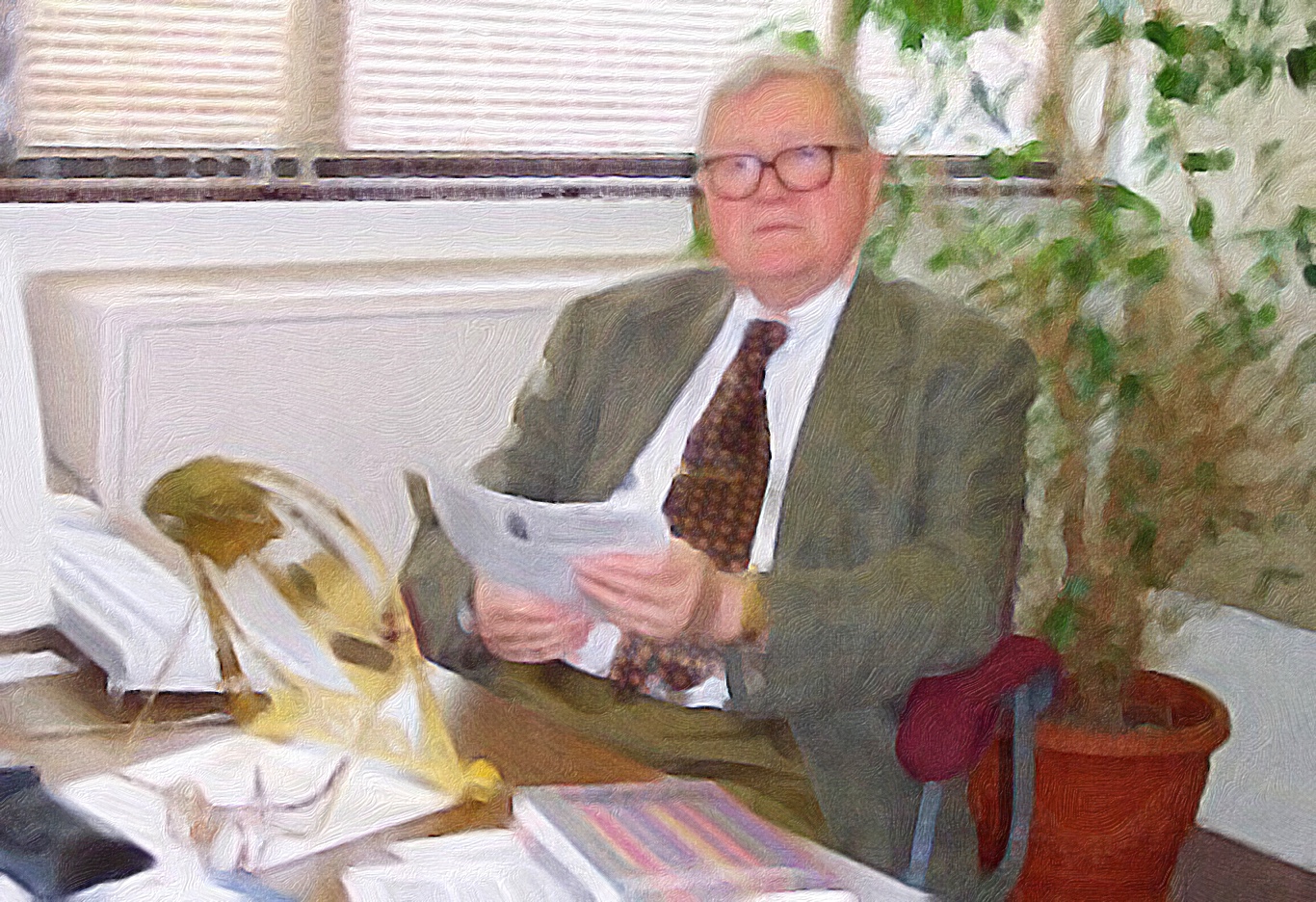Abraham Lincoln’s encouraging vision of “government of the people, by the people, for the people” raised hopes that have never been realized. But his name can no longer be used to justify the error that he could not have foreseen in 1863. He could not have envisaged that, a century after he was assassinated, government in the United States, and even more in Great Britain and Europe, would dominate economic life. If he had survived he would not now have approved of the dominant government that democracy has produced. For it is no longer “of” the people, “by” the people, “for” the people.
Gordon Tullock, Government Failure: A Primer in Public Choice (2002)
The application of economics to politics reveals a form of government that Lincoln would not have commended in 1900, 1945, or 2000. Government is now very different from the one based on the common people that Lincoln thought would prevail. Although his vision is still the most common encyclopedia definition of “democracy” Lincoln cannot now be claimed as the father of our 20th-21st-century form of democracy.
Lincoln would now see government not of, by, and for all the people but of, by, and for some kinds of people. He would see it not as of all the people but as of the political activists. He would see government not as by the people but as managed by the politicians and their officials. And he would see government not as for the ordinary people but as for the organized in well-run, well-financed, and influential business organizations, professional associations, and trade unions. It is government “of the Busy (political activists), by the Bossy (government managers), for the Bully (lobbying activists).”
Categories
Gordon Tullock
